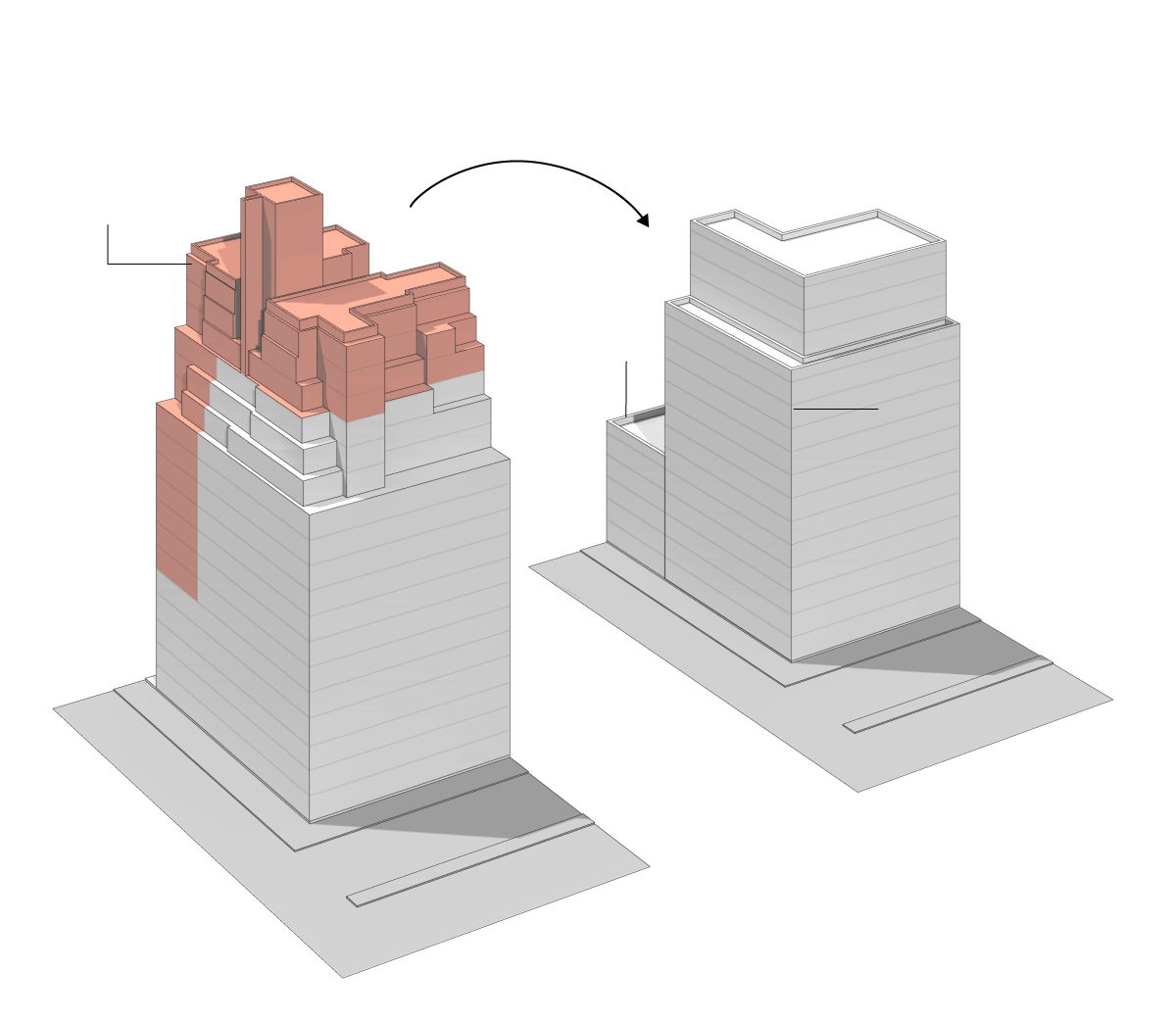Physical Address
304 North Cardinal St.
Dorchester Center, MA 02124
Physical Address
304 North Cardinal St.
Dorchester Center, MA 02124

1. This week at Market Urbanism:
Emily Washington champions Market Urbanist ideas on The Federalist radio hour
Tory Gattis contributed How Houston Can Grow Gracefully: Snow White And The Nine Dwarves
Each of these “villages” could comfortably grow to as much as a million people themselves, which, when added to 2-3 million in Houston, gets us as high as 12 million people in the metro area.
Adam Hengels wants to loosen up on exclusionary zoning before trying other schemes: Exclusionary Zoning and “Inclusionary Zoning” Don’t Mix
Given that, by definition, zoning is exclusionary, Inclusionary Zoning completely within the exclusionary paradigm is synonymous with Inclusionary Exclusion.
Anthony Ling contributed an article translated from Portugueses: Densifying Transit Corridors Is Not Densifying Enough
Many factors justify TODs’ attractiveness to current planners, including that they make transit viable, increase the centrally-located housing stock, and satisfy residents of low-rise areas, who usually enjoy keeping their neighborhoods’ original features.
Zach Caceres made sense of the philosophy of the late Zaha Hadid‘s partner: The Bottom-Up Urbanism Of Patrik Schumacher
Markets and open exchange are a ‘robust information processing system’—the best that humans have yet found. Cities are also ultimately about structuring information. The built environment embodies generations of lessons learned by humanity, the evolution of a community reflected in its roads and walls, and the deliberate structuring of human affairs through architecture.
Michael Lewyn found evidence that not many real people object to home sharing such as AirBnb: To Know Home-Sharing Is To Support It
Only 4 percent of Americans think home-sharing should be illegal, and only 30 percent think it should be taxed. 52 percent think homesharing should be legal and untaxed. Even among self-described liberals, only 38 percent think homesharing should be taxed.
2. Where’s Scott?
Scott Beyer spent his 5th week in San Antonio. This weekend he’s visiting the Mexican border town of Nuevo Laredo, and the famed old Texas cowboy town of Bandera. He wrote an article this week for The Federalist about Houston’s Liberalized Land Use Approach, and two Forbes articles about a grand new park in San Antonio, and The Republican Party’s Urban Problem
Some believe Trump’s rise will force the Republican Party to split. A better alternative would be for the party to rebrand itself by figuring out which population segments of America are actually growing, where they are moving, and what issues matter to them. The GOP would begin this process by entering cities.
3. At the Market Urbanism Facebook Group:
The New York Times wrote about the data compiled by Market Urbanism’s Stephen Smith showing the degree to which zoning keeps Manhattan small (via Jess Rem)
via Krishan Madan: New York City plans to appeal case that favored crane-operator union
Jonathan Coppage shares his piece at the American Conservative on the need to legalize accessory dwellings
Emily Washington‘s article on low-quality housing was translated to Portuguese at Caosplenajado
via Krishan Madan: Housing: Part 143 – Closed Access and Inequality
Sandy Ikeda and Bob Higgs love Mexican plazas
via Logan Mohtashami and Anders Mikkelsen Million Dollar Creep: Where Seven Figure Homes are the New Normal
via Nick Zaiac: NIMBYism is weakening dramatically in the UK
None other than Donald Shoup shares his latest on urban parking policy
Matt Robare NIMBYism makes sense when resisting theft of your own backyard
via Matt Bufton on what liberals get wrong about Jane Jacobs
via Nolan Gray: The Benefits of ‘Zoning Lite’ in Houston
Michael Lewyn at Planetizen: Cities as Playgrounds…For Children (via John Morris)
4. Elsewhere:
Chicago is moving forward with a proposal to regulate and tax Airbnb at the behest of big hotel chains, despite broad support of the service
So long, NIMBYs? Gov. Brown’s housing proposal could mean sweeping Bay Area changes via SFBARF
Forbes on the dangers of big data in cities
Aaron Renn continues his work, via podcast, on the black migration from ‘progressive’ cities
5. Stephen Smith‘s tweet of the week:
Look what IIIIII made! https://t.co/Fg1ibvm3sw
— Market Urbanism (@MarketUrbanism) May 20, 2016